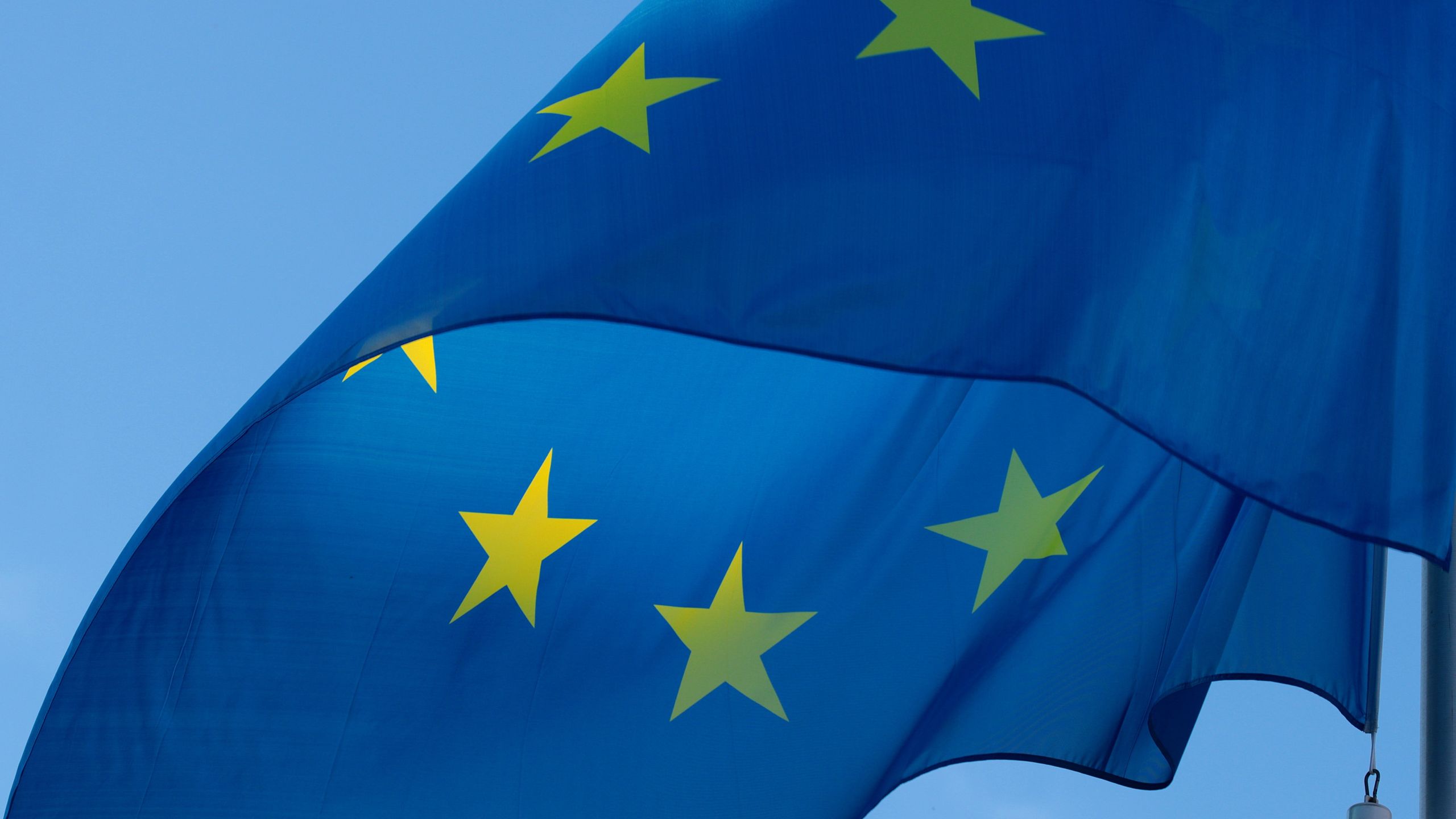European Tech Companies Call for EU to Reject Chat Control Legislation

Key Points
- Over 40 European tech firms, including Proton, NordVPN, Tuta and Element, signed an open letter opposing the EU's Chat Control proposal.
- The legislation would require client‑side scanning of all private communications before encryption to detect child sexual abuse material.
- Companies argue that mandatory scanning creates backdoors, undermining encryption and Europe’s digital sovereignty.
- The proposal exempts government and military accounts, but signatories say the exemption is insufficient for security.
- German ministries are meeting to decide the country’s stance, a key factor in the upcoming EU vote.
- The coalition calls for a "NO" vote, emphasizing that the measure would weaken protection of critical infrastructure and citizens.
- Advocates and privacy groups have urged German citizens to pressure lawmakers against the proposal.
More than 40 European technology firms, including VPN and encrypted messaging providers, have signed an open letter urging EU lawmakers to vote against the Child Sexual Abuse Regulation, commonly known as Chat Control. The companies argue that mandatory client‑side scanning of private communications would undermine encryption, weaken digital security and threaten Europe’s digital sovereignty. They warn that the proposal could create backdoors exploitable by governments and malicious actors. German ministries are reportedly meeting to decide the country’s stance, a pivotal factor in the upcoming EU vote.
Industry Coalition Against Mandatory Scanning
A coalition of over 40 European companies, spanning VPN services, encrypted email providers, and secure messaging platforms, has publicly demanded that the European Union reject the proposed Child Sexual Abuse Regulation (CSAR), often referred to as "Chat Control." The signatories include well‑known privacy‑focused firms such as Proton, NordVPN, Tuta, and Element. In an open letter circulated ahead of a crucial EU meeting, the companies contend that the legislation would force client‑side scanning of URLs, images and videos before encryption, a practice they say conflicts with the very fundamentals of encryption technology.
Encryption and Digital Sovereignty at Stake
The coalition warns that mandatory scanning would create a backdoor into secure communications, potentially exposing private messages to government agencies and other malicious actors. They argue that such a backdoor would erode the trust users place in encrypted services and compromise Europe’s digital sovereignty, which they view as essential for independence from external tech giants and for safeguarding critical infrastructure.
Legal and Policy Context
The CSAR proposal, advanced by the Danish EU Presidency, seeks to obligate all messaging apps operating in Europe to detect child sexual abuse material (CSAM) on users’ devices before the content is encrypted. While the proposal exempts government and military accounts, the industry coalition believes the exemption is insufficient to protect national security and the privacy of businesses, politicians and citizens. The letter stresses that the EU’s own Cyber Resilience Act and Cybersecurity Act recognize encryption as a cornerstone of a secure digital economy.
German Decision as a Decisive Factor
German ministries are reportedly meeting to finalize the country’s position on the legislation. Sources indicate that the Federal Ministry of the Interior is attempting to persuade the Federal Ministry of Justice to approve the measure. Germany’s vote is viewed as pivotal, and the industry coalition hopes that domestic opposition to the proposal will influence the broader EU outcome.
Call to Action and Public Response
The open letter urges EU member states to vote "NO" on the Chat Control measures, emphasizing that the proposal would weaken Europe’s ability to protect its critical infrastructure, companies and citizens. The coalition also highlights public outcry, noting that advocacy groups and prominent privacy advocates have called on German citizens to voice their concerns to lawmakers.
Potential Implications
If adopted, the legislation could set a precedent for mandatory client‑side scanning across the EU, reshaping the relationship between privacy, security and child protection. The industry coalition argues that proportionate child‑protection measures should be pursued without compromising encryption, suggesting that the current proposal threatens the balance between safeguarding children and preserving fundamental digital rights.